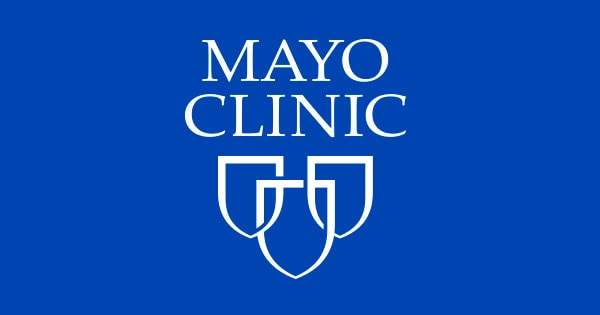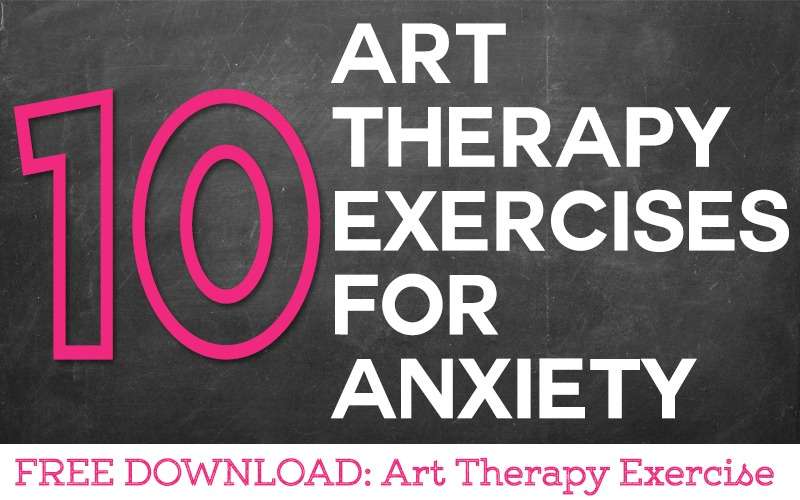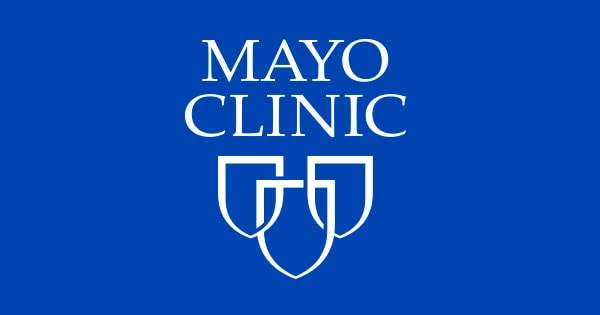The
Psychology of Music
Therapy
We all have a primordial sense of rhythm, which music taps into, creating cathartic experiences that humans have long recognized. Therefore, it’s not surprising that there’s a link between music and mental illness treatment. According to the American Music Therapy Association, modern music therapy originated after WWII. When local musicians performed for veterans in hospitals, soldiers appeared to recover faster (both physically and emotionally), encouraging institutions to bring on more professionals for the job.
Music therapy and mental health techniques are still used for hospitalized patients suffering from illness or injury. However, music therapy is used for people suffering from physical ailments due to its effect on their mental state. It can assist patients in coping with emotional stress and help them feel more confident, cheerful, and connected to the world around them. This, in turn, leads to more optimistic mindsets, which have been proven to assist in physical recovery.
Music for mental health is processed and generated in a different way than spoken language. Bypassing that channel of communication and not needing to rely on spoken words, patients can express themselves more freely, interact with loved ones on a deeper level, and have a stronger sense of their place in the world. For example, patients who have experienced trauma often have a difficult time verbalizing their feelings or describing the particular event(s). Music therapy — specifically the lyrical aspect of music — helps them express their struggles. As one music therapist said, lyrics are an “easier gateway for expression” than the spoken word.
There have been several musical therapy articles discussing how music therapy and mental health programs have assisted people in overcoming the challenges in their lives. In one case study, researchers tracked the effects music therapy had on the development of a 3-year-old girl diagnosed with childhood apraxia. Over the course of nine months, the young girl was seen for 24 sessions. In what has been dubbed a data-based music therapy method, the music therapy treatment included a combination of behavioral, improvisational, and artistic approaches.
The music therapists employed a range of musical, visual, and interactive aids and an engaging, entertaining discussion between the child and the clinician. The success of her music therapy treatment was undeniable. At the start of her treatment, the child’s communication techniques were virtually entirely nonverbal. By the end, she was able to pronounce syllables and create combination sounds.
Overview
What is music therapy?
Music therapy is the clinical use of music to accomplish individualized goals such as reducing stress, improving mood and self-expression. It is an evidence-based therapy well-established in the health community. Music therapy experiences may include listening, singing, playing instruments, or composing music. Musical skills or talents are not required to participate.
Music therapy may help you psychologically, emotionally, physically, spiritually, cognitively and socially. A short list of benefits includes:
- Lowering blood pressure.
- Improving memory.
- Enhanced communication and social skills through experiencing music with others.
- Self-reflection. Observing your thoughts and emotions.
- Reducing muscle tension.
- Self-regulation. Developing healthy coping skills to manage your thoughts and emotions.
- Increasing motivation.
- Managing pain.
- Increasing joy.
Formal music therapy was defined and first used by the United States War Department in 1945. It helped military service members recovering in Army hospitals with occupational therapy, education, recreation and physical reconditioning.
Who do music therapists work with?
People of all backgrounds, ages and cultures can respond to music, and to music therapy. Notable groups music therapists have helped include:
- Military service members and veterans. Music therapy helps you cope with trauma.
- People with Autism Spectrum Disorder (ASD). Individuals on the spectrum learn best when there is familiarity, structure, predictability and consistency.
- Individuals with Alzheimer’s disease. Music therapy may help with memory and stimulate your mind because of predictability, familiarity and feelings of security.
- People in correctional settings. If you’re incarcerated, in a mental health facility, half-way house or group home, music therapy may help with problem-solving, communication skills, relaxation and decreasing impulsivity.
- Victims of trauma and crisis. If you’ve experienced trauma and crisis, you might have anxiety, stress and pain. Music therapy can help you with decreasing those three experiences, improving your mood, feeling confident and in control and providing a non-verbal outlet for emotions.
- Those who are physically ill. The list includes, but is not limited to people with chronic pain, diabetes, cardiac conditions, cancer, headaches, recent surgery and people in rehab.
- Individuals with mental health disorders. If you’re dealing with a mental health disorder, music therapy can help you with communication and expression, help you explore your thoughts and feelings, improve your mood and concentration and develop coping skills.
- People with chronic pain. Music therapy can help decrease your pain, anxiety, fatigue and depression.
- Substance abusers. Music therapy may help if you have a substance abuse disorder. Research has shown that it can increase motivation and self-esteem, reduce muscle tension, decrease anxiety, improve self-awareness and strengthen coping skills.
Where does music therapy take place?
The most common settings are hospitals, schools, nursing homes, outpatient clinics, mental health centers and residences for individuals with developmental disabilities. Music therapists also go to juvenile detention facilities, schools and private practices.
Is music therapy outpatient or inpatient?
Whether the music therapy is delivered outpatient or inpatient depends on the individual program. You may be able to come in for sessions during the day (just like a counseling appointment), or a music therapist may come to you while you’re admitted into the hospital or at school. Sometimes music therapy is held in groups.
Do music therapists work with children and adolescents?
Yes. Music therapy may help with the following:
- Behavior disorders.
- Mood and anxiety disorders.
- Attention deficit/Hyperactivity disorder (ADHD).
- Autism spectrum disorders (ASD).
- Trauma.
- Substance abuse disorders.
“Music was my refuge. I could crawl into the space between the notes and curl my back to loneliness.” – Maya Angelou
Music is all around us from the rhythm of the cars on the streets, the melody birds tend to chirp, or even the music we choose to listen to in the car, commuting to school or work, or in our homes. Maybe you even create music yourself by playing an instrument, singing, or experimenting with different music apps or programs on computers. Many people would claim that music puts them in a better mood, though are unsure why or how it has that effect. There are many articles written about mood and music, though mood is not the only factor when dealing with mental health. Our physical bodies and interpersonal relationships are also affected by our mental health, whether we are in a good place or in crisis. Music can be beneficial in aiding all of these aspects of mental health. Many people living with mental health challenges have participated in some form of therapy. However, many are unaware of the wide variety of therapies available, including those in the creative arts. This article looks at the creative art therapy of music therapy, and how it can support mental health.
What is Music Therapy?
The American Music Therapy Association (AMTA) provides a detailed definition of music therapy on their website. For this blog, we have shortened that definition as follows: Music therapy is the evidence-based practice of a board-certified music therapist using music interventions to help clients achieve non-musical goals. In music therapy, the therapy happens between the therapist and client through the music. Music therapists can work in a variety of settings such as schools, hospitals, private practice, senior centers, day programs, and hospice to name a few. A music therapist can work with a variety of different populations. A few examples include people with Autism Spectrum Disorder, seniors with dementia, adults with disabilities, hospice patients, and those living with mental health challenges. Music therapists use a variety of different music interventions to help address cognitive, physical, emotional, and social needs. Some interventions include re-creating music, song-writing, improvisation, and lyric analysis. The style of music used is dependent on the preferences and goals of each client.
5 benefits of music therapy for mental health
Now that we have an understanding of what music therapy is, we can explain how it is beneficial to those living with mental health challenges.
1. Developing useful coping strategies
When dealing with symptoms of mental illness, we hear the common expression of “using coping strategies” to help lessen symptoms. Music therapy can provide a wide variety of different coping skills including breathing techniques, rhythmic grounding, auditory grounding, relaxation, and distraction. In music therapy, these strategies are practiced, so when a crisis arises, one knows how to utilize their strategies effectively.
2. Developing positive emotional behavior
Sometimes when struggling with mental health, the hardest question to answer is “how are you?”. Many people default into saying “good”, “fine”, or “okay,” without knowledge of what those words truly mean to them in that moment. Music therapy can help with the identification and labeling of emotions in a safe environment that can transfer over into better communication of feelings and needs in other situations. Emotional behavior also includes emotional awareness and the non-verbal expression of emotions. Music therapy can be a useful tool in learning how to safely express emotions either verbally or non-verbally in order to increase emotional regulation.
3. Increasing frustration tolerance
Mental health challenges can cause frustration to increase in some situations. Many times when frustration is at its peak, that is when many mental health symptoms start to exhibit themselves and become too overwhelming to handle. Through music therapy, one can work on building frustration tolerance in a controlled environment through something creative in nature. For example, a music therapist may engage the client in a structured improvisation based on themes dealing with mental health (i.e. triggers, overcoming frustration, reflecting the emotions felt in a panic attack) to work on developing how to experience and overcome frustration. Music therapy can also help clients learn relaxation techniques to help prevent frustration from increasing.
4. Improving interpersonal relationships
Though mental health is often thought of as a personal issue, it does impact our daily relationships. This could be with family, friends, acquaintances, significant others, workplace relationships, or even strangers you happen to meet day to day. Mental health troubles can cause us to isolate, lash-out, or want to disconnect from those around us. Music therapy can provide opportunities to practice social skills that can later be transferred to daily relationships. More times in music therapy this is done in a group setting, but can also be addressed individually.
5. Improving self awareness, self-esteem, and self-image
Part of the battle with mental health is trying to understand what is happening in your mind and how it’s affecting you. Mental health challenges can take a toll on our esteem and the image that we have of ourselves as well. Music therapy can help support these and increase insight into one’s behavior and self. It is hard to be kind to yourself when you are feeling at your lowest. A music therapist can guide you through the low moments to find the good qualities within yourself that will guide you through the rough times, and help you look forward to the positive times ahead.
Author :Leandra Ward, MT-BC, NMT, Board Certified Music Therapist, Neurologic Music Therapist



